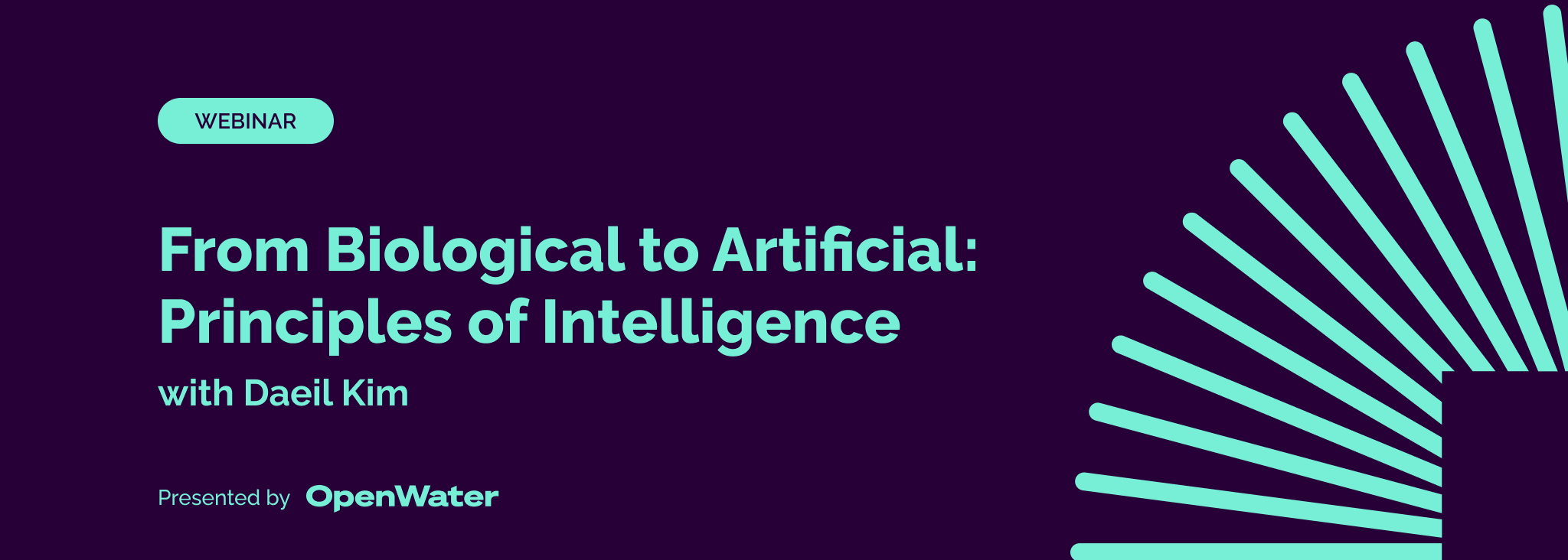Laying Down the Law, How IRAC Helped Me Become a Better Salesperson

Issue, Rule, Application, Conclusion. “IRAC” is the foundational element of a legal education, taught in law school but it’s surprisingly useful for sales management and coaching.
Day after day, night after night, week after week during my first year in law school was Issue, Rule, Application, Conclusion. IRAC provides the foundational elements of legal writing and analysis. Every law exam, answer to socratic method question was to be answered with this analysis.
Issue – What is the issue we are trying to address, what happened?
Rule – What is the law, what does the statute say?
Application – How do we apply to rule to the issue at hand?
Conclusion – Based on the rule and application what is our conclusion on the issue?
I knew after my first semester that practicing law was not for me. While I was interested in law, legal strategy and client advocacy – realization about actual work of a lawyer, living in mundane statutes and codes, endlessly writing long legal briefs with rigid rules, wasn’t how I wanted to spend my life, at least not the next 10 years as I would pay my dues as an entry level associate. Nevertheless I stayed the full three years, made Dean’s list and got my JD degree.
After graduating law school in 1999, I had no idea what to do next. I ran into a friend doing something called business development at a small startup in San Francisco. I had several retail jobs through high school and college, and liked talking to and meeting new people. I learned business development was kind of like selling. Being 1999 San Francisco, it seemed like a great opportunity to get into the startup world and start a professional career in sales. My experience started as straightforward selling 101. When someone found out I had a JD they’d ask me if I used it, and if going to law school was a waste of time. For years I’d say it wasn’t a waste because I learned a lot, although internally I wasn’t convinced the time and money were worth it.
As my career expanded away from transactional sales into sales management, the challenges I encountered became more complex. I found myself getting lost in the details, missing fundamental elements. That lead to low performance and missed targets. I realized I had to look at the situations from a different angle to help me become successful.
Then the law school training kicked in. Then I remembered IRAC. It dawned on me that when I applied IRAC, it could actually be a secret weapon. I was drawn back to IRAC and applied it to complex sales problems.
IRAC-ing sales opportunities provided me with a better understanding of what pieces of the sales equation were in or out, enabling me to close more deals and communicate more effectively when coaching others. Additionally, since I wasn’t running into a lot of other salespeople or sales leaders who had a JD, I distinguished myself with this secret weapon not readily available to them.
Here’s an example of how I’ve modified the IRAC methodology with a sales coaching situation.
ISSUE: A manufacturer needs to modernize their factory applications to prevent supply chain disruptions. My company offers such a modern application.
RULE: Instead of actual legal statutes, rules are the basic elements of any sales equation that must be present in order to have a deal. For example-
- What is the pain to the manufacturer’s business?
- Who is the decision maker?
- Who has budget?
- What’s the timeline and why now?
- What’s the impact if the problem doesn’t get solved?
These questions (and there could be others!) help guide me to the next step in my thought process to come up with a solution the customer will buy.
APPLICATION: With the rules now understood by myself and my sales team, here’s how our available products can be applied to create a sellable solution that solves the customer’s issue.
CONCLUSION: Based on what we’ve heard and what my company was able to demonstrate, the solution provided will modernize those factory applications and prevent supply chain disruptions.
I view IRAC as an essential tool that complements a proven sales methodology like Challenger Selling, Value Selling, Meddpicc, etc. It’s not a standalone solution. While applying IRAC has the elements of these others, it’s the analytical thought process that provides me with the ability to strategize on coaching advice for pieces of the sales opportunity puzzle that either do or do not exist.
When I think about advice I give to leaders about next steps, or opportunities that linger for weeks I’ll go back to IRAC to understand and organize my thoughts, break the opportunity down to its basic elements for sound coaching advice. And you can too (without needing to go to law school).



